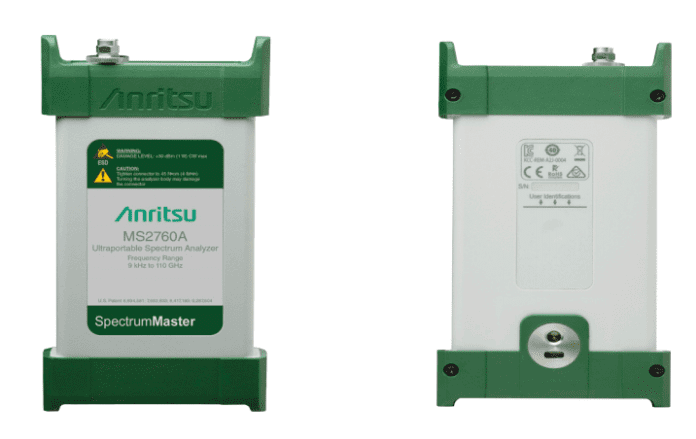Cisco has launched an IoT ‘maker-space’ in conjuction with Manchester Metropolitan University, continuing its close involvement in the UK city’s tech scene.
Over the past two years, Cisco has led a number of collaborative initiatives to help solve challenges and drive opportunities in the Greater Manchester region. These includes the opening of its Mi-IDEA Innovation Centre in partnership with Manchester Science Park in 2017, and its lead role in CityVerve, a smart city project devised to help solve challenges in health and social care, energy and the environment, and travel and transport.
The new Manchester IoT lab, under the ‘thingQbator’ brand, is Cisco’s third, after sites in Bangalore, in India, and at its UK headquarters in Bedfont Lakes, in London.
The idea of the new maker-space initiative, which has support from the Foundation for Digital Creativity, a UK based organisation focused on developing digital skills among both adults and children, is to help fuel the digital talent pipeline in the city, and provide students with tools, training, mentoring and advice.
Called thingQbator, it seeks to bring together a “network of makerspaces with partner universities”, starting with Manchester Metropolitan University. “The community driven innovation labs allow students from all backgrounds and degree courses to get hands-on with technology and turn IoT ideas into working prototypes,” said Cisco.
A first cohort of students at the Manchester branch looked at solutions for urban challenges, and used field trials across the city to collect and innovate with data. Individual project goals included reducing social isolation, improving air quality, app development with an ethical carbon footprint, and wearables to highlight the relationship between urban planning and smart cities.
Maria Hernandez, head of innovation for Cisco UK & Ireland, said: “Manchester is a hub of innovation with an important role to play in driving digitisation in the UK. We’re excited to be continuing our collaboration with Manchester Metropolitan University as it cultivates the business ideas and entrepreneurs of the future. thingQbator quite literally helps to bring the biggest and brightest ideas to life in IoT prototypes.”
Paul Bason, director of innovation at Manchester Metropolitan University, said: “This partnership is important in developing new opportunities for students working with new technologies. Working more closely with business and creating project-based learning across discipline boundaries will be an important aspect of university teaching for the future. We intend to grow our capacity in this area through our £35 million investment in the School of Digital Arts (SODA) – nthis new school is due to open in 2021 and will teach the next generation of technologists and content producers.”
Andrew Robinson, co-founder of the Foundation for Digital Creativity, said “This is a great opportunity in our mission to democratise IoT; a chance to empower a diverse background of people to improve the world through connected, digital technology.”
The new lab in Manchester is equipped with IoT devices and platforms from Cisco and third parties. We’re providing a geek playground for our engineering community to channel their energy and passion for IoT,” said Alison Vincent, chief technology officer for Cisco UK and Ireland.
“If you walk into our makerspace, you will find almost every kind of development board, sensor and communications module, as well as equipment like 3D printers and soldering stations. You will also find cutting-edge technologies, like drones and virtual and augmented reality headsets. All of these tools help participants explore what’s possible and enable them to turn ideas into working prototypes.”

